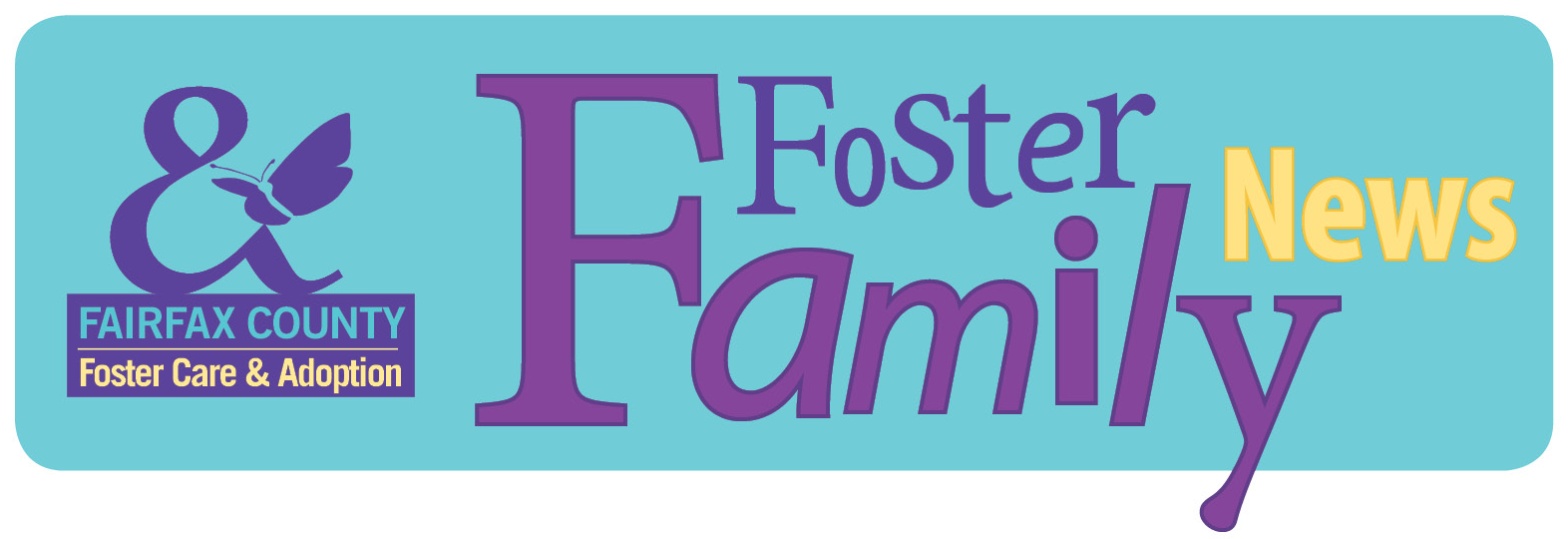
 During National Adoption Month, DFS sponsored a virtual celebration for our adoptive families. One highlight of the event was a presentation by author and motivational speaker Tony Hynes on the Six Stuck Spots of Adoption. Some of the advice Hynes provided is applicable for foster families navigating the tough teen years as well.
During National Adoption Month, DFS sponsored a virtual celebration for our adoptive families. One highlight of the event was a presentation by author and motivational speaker Tony Hynes on the Six Stuck Spots of Adoption. Some of the advice Hynes provided is applicable for foster families navigating the tough teen years as well.
Hynes was able to share his perspective and lived experiences as an adoptee. He urged open communication during this challenging developmental period in which teen adoptees often experience six certain common areas of difficulty.
Reason for Adoption
Children may begin to ask adoptive parents probing questions about why they are adopted, such as:
- “Why was I given away? Was something wrong with me?”
- “My birth parents used drugs, abused or neglected me, etc. What does this mean about me?”
It is important to be open and honest with children as they go through this phase. Children need to know their adoption story. They need to learn that they are not at fault for their parents' relinquishing them. You must give them age-appropriate facts about the situation that led them to be placed for adoption. Then be prepared to have conversations that affirm their worth.
Missing and Difficult information
As teens make sense of their stories, they may push harder for detailed facts surrounding why they were adopted. Parents will need to be prepared to help children cope with difficult and painful aspects of their stories, such as abuse and neglect, substance abuse, incarceration, and mental illness.
- Parents should resist the urge to shield their children from upsetting details in their adoption story. Rather, parents need to share details in stages to help kids understand the totality of their identities.
- This honesty can help children begin to realize that separation from birth parents is not their fault, and that it could have been an act of caring for their parents to let them become a part of a family equipped to care for them better.
Hynes suggests that it is better to share this information before adolescence, so parents can ensure that children receive necessary therapy to process what they learn. If parents wait or resist sharing, it creates a risk that teens or young adults will secretly try to find it themselves.
Difference
In this phase, teens are noticing the ways that they are not like most of their friends. Your family may be different than their peers’ families due to your age, race, or sexuality, which can make them uncomfortable. Hynes recommends embracing and honoring these differences early:
- Provide racial mirrors or representations of people who match their ethnicity in your home, through photos, books, tv shows, etc.
- Talk to them about race, and your own cultural heritage. Learning about an adoptive parent’s background, can help a child to feel more connected to them.
 Identity
Identity
Adoptees need to connect with aspects of their identity as it relates to their birth families. They also look for connections to their adoptive families. In this phase, they also look for differences.
Children may wonder or begin to ask:
- “Who am I, and where did I come from?”
- What is known about their biological family and their background.
- Where they get their own personality, features, talents, interests, even musical preferences.
- As they get older, adoptees may have concerns about genetics, health, and mental health in their biological families.
Don’t underestimate how important this information is to your children. Fill in those gaps as much as you can and help them locate more information. If your adoption took place though the Department of Family Services, you can reach out to the DFS Adoption and Kinship Assistance Unit at 703-324-7639 for help.
Loyalty
Adolescent adoptees may experience tremendous guilt related to their interest in their biological families. They may fear disapproval from parents and keep their feelings to themselves. They may also pursue a connection with their relatives but feel like they are betraying their adoptive parents.
If your teen asks you questions about getting to know their birth family:
- It is important to respond in a supportive way that affirms their emotional needs.
- Even though they may not be able to be together physically, you can include their family by talking about their legacy and culture, go to places, and do things to help them learn about their family.
- Tell them that you support their desire to learn more about who they are. Help them understand that it is okay to love both families, birth and adoptive.
Permanence
Teens need affirmation that adoptive families will continue to be there for them. They need to feel support, and they need to learn to trust that you are not going anywhere. They may be sure of your love, but fear that parents will be taken from them through circumstances out of their control. They may:
- Fear that an adoptive parent might die.
- Worry about financial insecurity or other circumstances that could risk the stability of their home.
- Have fears related to what happens relationally as they grow up and move out.
Reassure them that you will always be attached. Children also need to understand that they will be cared for no matter what. Make sure they know that you have made provisions for their care, no matter the situation.
To explore the Six Stuck Spots further, Hynes recommended reading “Beneath the Mask: Understanding Adopted Teens” by Debbie Riley the CEO of the Center for Adoption Support and Education.
For more of Hynes personal experiences and advice, check out his article How To Honor Your Child’s Birth Family, or his memoir "The Son With Two Moms."
This article posting is part of the Foster Family News monthly newsletter designed to keep foster parents informed about all the new and notable happenings in Fairfax County.
Learn about what the Foster Care & Adoption program has planned for foster families - stay on top of trends, participate in trainings and learn about policy changes.

